Yellow bell peppers are an outstanding source of vitamin C, offering numerous health benefits due to their high nutrient content. A single medium-sized yellow bell pepper provides approximately 341 mg of vitamin C, which is significantly more than the recommended daily intake for adults. This makes yellow bell peppers one of the richest sources of this essential nutrient.
Table of Contents
What Makes Yellow Bell Peppers A Rich Source Of Vitamin C?
Yellow bell peppers are a rich source of vitamin C due to their high concentration of this essential nutrient. The reasons behind their high vitamin C content include:
- Genetic Factors: The genetic makeup of yellow bell peppers promotes the synthesis and storage of vitamin C. The specific genes in yellow bell peppers are responsible for higher levels of ascorbic acid (vitamin C) compared to many other vegetables and fruits.
- Optimal Growing Conditions: Yellow bell peppers are often grown in conditions that maximize their nutrient content. Adequate sunlight, proper watering, and nutrient-rich soil contribute to the peppers' ability to synthesize and store high amounts of vitamin C.
- Ripeness: The ripeness of yellow bell peppers affects their vitamin C content. Fully ripened yellow bell peppers tend to have higher levels of vitamin C compared to those that are not yet fully mature.
- Plant Metabolism: The metabolic processes within yellow bell peppers are efficient at producing and storing vitamin C. These processes ensure that the nutrient is available in significant quantities within the fruit.
As a result of these factors, a single medium-sized yellow bell pepper can contain approximately 341 mg of vitamin C, which is far above the recommended daily intake for adults, making them an excellent source of this vital nutrient.
Health Benefits of Vitamin C in Yellow Bell Peppers
Immune System Enhancement:
The abundant vitamin C in yellow bell peppers is vital for boosting the immune system. It enhances the production and function of white blood cells, which are crucial for fighting infections and illnesses. Regular consumption can help reduce the frequency and severity of common colds and other infections.
Potent Antioxidant Protection:
Vitamin C acts as a powerful antioxidant, neutralizing free radicals and reducing oxidative stress. This protective effect helps lower the risk of chronic diseases such as heart disease, cancer, and diabetes. The high vitamin C content in yellow bell peppers contributes significantly to their role in promoting overall health and longevity.
Skin Health Improvement:
Vitamin C is essential for collagen synthesis, which maintains skin elasticity and firmness. Consuming yellow bell peppers can help reduce wrinkles, improve skin texture, and promote faster wound healing. Additionally, the antioxidant properties of vitamin C protect the skin from harmful UV radiation and environmental pollutants, aiding in maintaining a youthful appearance.
Cardiovascular Health Benefits:
The vitamin C in yellow bell peppers supports cardiovascular health by promoting healthy blood vessels, reducing blood pressure, and lowering LDL cholesterol levels. These benefits contribute to a decreased risk of heart disease and stroke. Furthermore, the anti-inflammatory properties of vitamin C play a significant role in protecting cardiovascular health.
Enhanced Iron Absorption:
Vitamin C enhances the absorption of non-heme iron from plant-based foods, helping to prevent iron-deficiency anemia and boosting overall energy levels. This is particularly beneficial for individuals following vegetarian or vegan diets who rely on plant-based sources of iron.
Anti-Inflammatory Effects:
The anti-inflammatory properties of vitamin C can help alleviate inflammation and related conditions, such as arthritis and asthma. Regular consumption of yellow bell peppers may help reduce symptoms and improve joint and respiratory health.
Ways to Incorporate Yellow Bell Peppers into Your Diet
Fresh and Raw:
Add raw yellow bell pepper slices to salads for a crunchy, nutritious addition.
Grilled or Roasted:
Grill or roast yellow bell peppers with a bit of olive oil and seasonings for a delicious and healthy side dish.
Stuffed Peppers:
Use yellow bell peppers as a vessel for stuffing with grains, beans, or meats for a hearty meal.
Stir-Fries:
Incorporate yellow bell peppers into stir-fries with other vegetables and proteins for a colorful and nutrient-packed dish.
Soups and Stews:
Add yellow bell peppers to soups and stews for extra flavor and nutrition.
Smoothies:
Blend yellow bell peppers into smoothies for a unique twist and a boost of vitamin C.
Conclusion
Yellow bell peppers, with their exceptional vitamin C content, offer a multitude of health benefits, from boosting the immune system and providing antioxidant protection to supporting skin health and cardiovascular function. Their vibrant color, sweet flavor, and versatility make them an excellent addition to a balanced diet. Regularly including yellow bell peppers in your meals can help you take full advantage of their health-promoting properties and contribute to overall well-being.

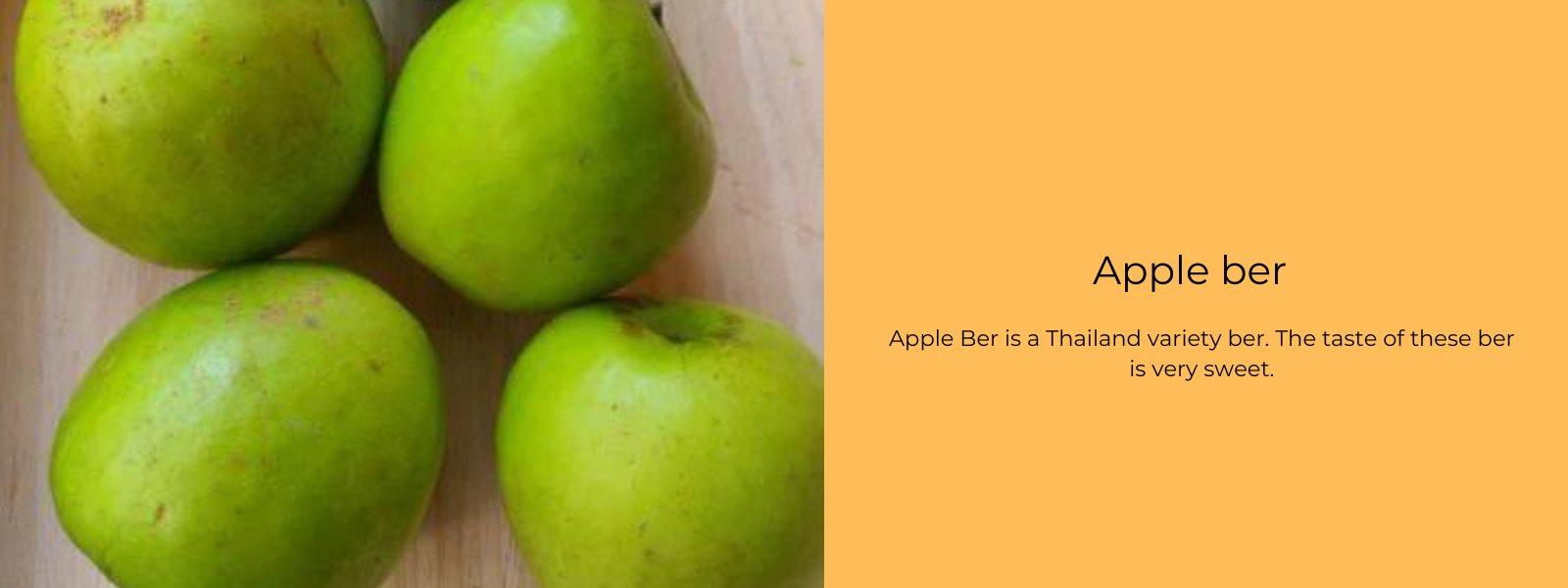
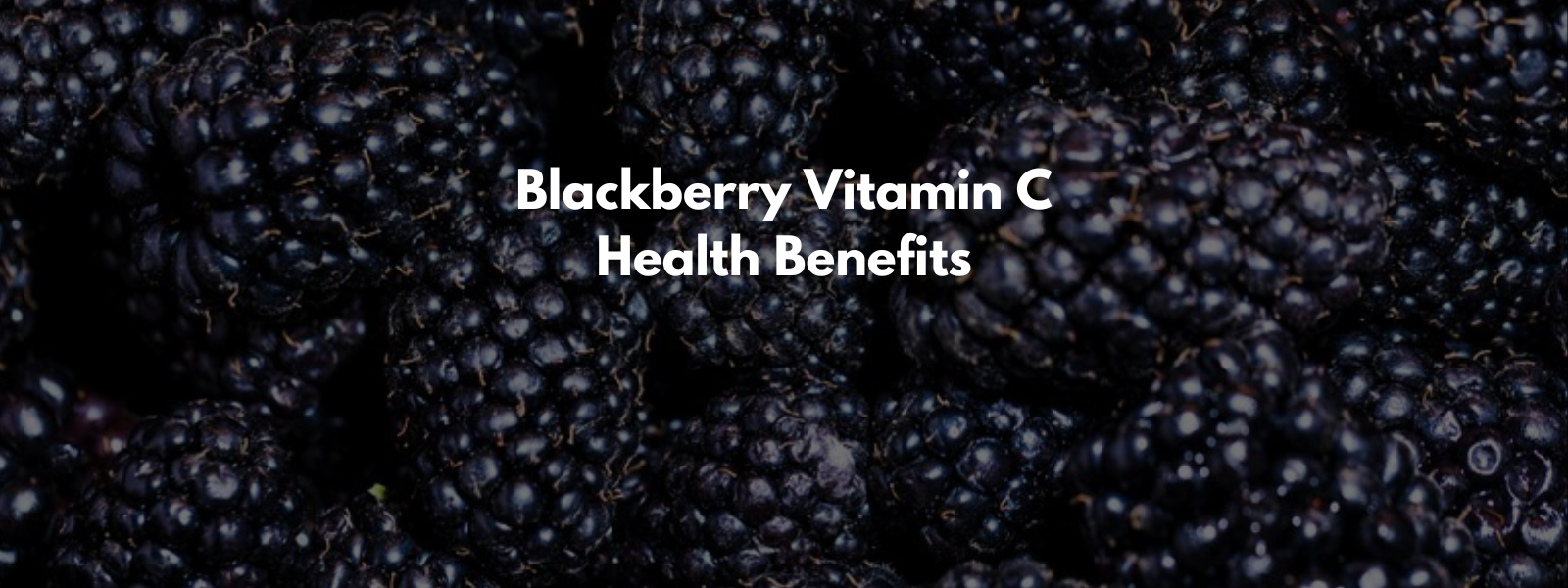
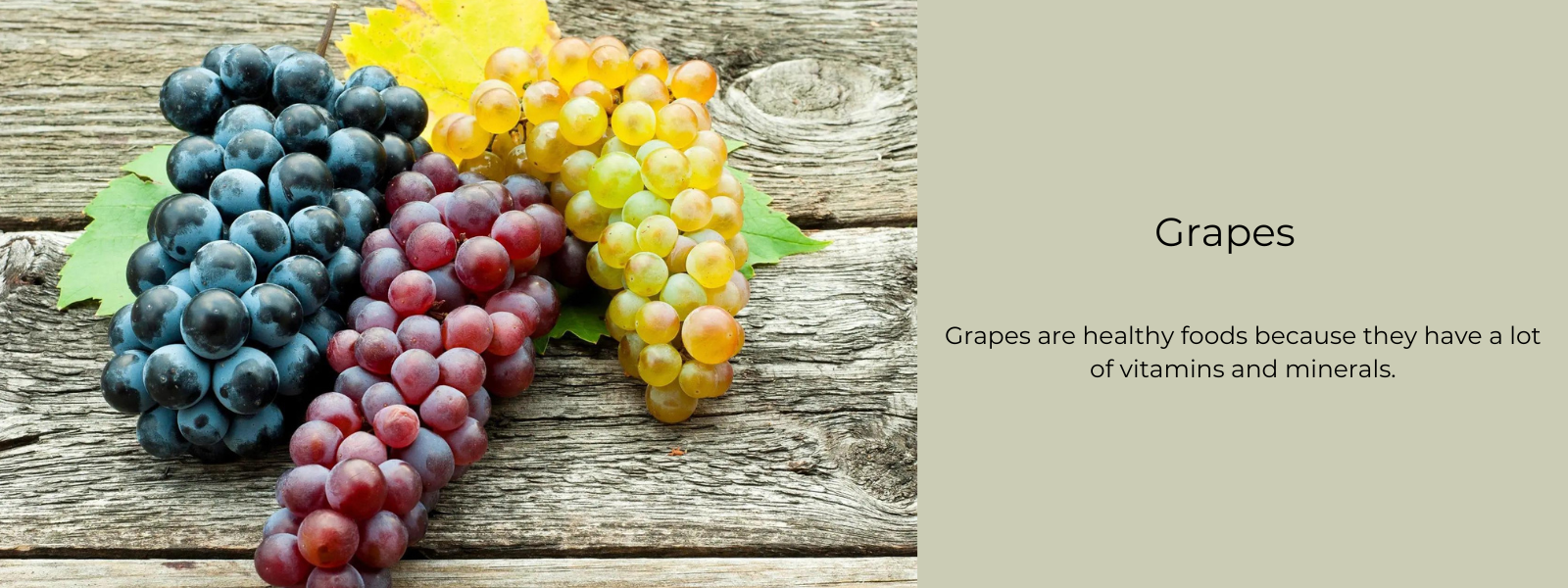
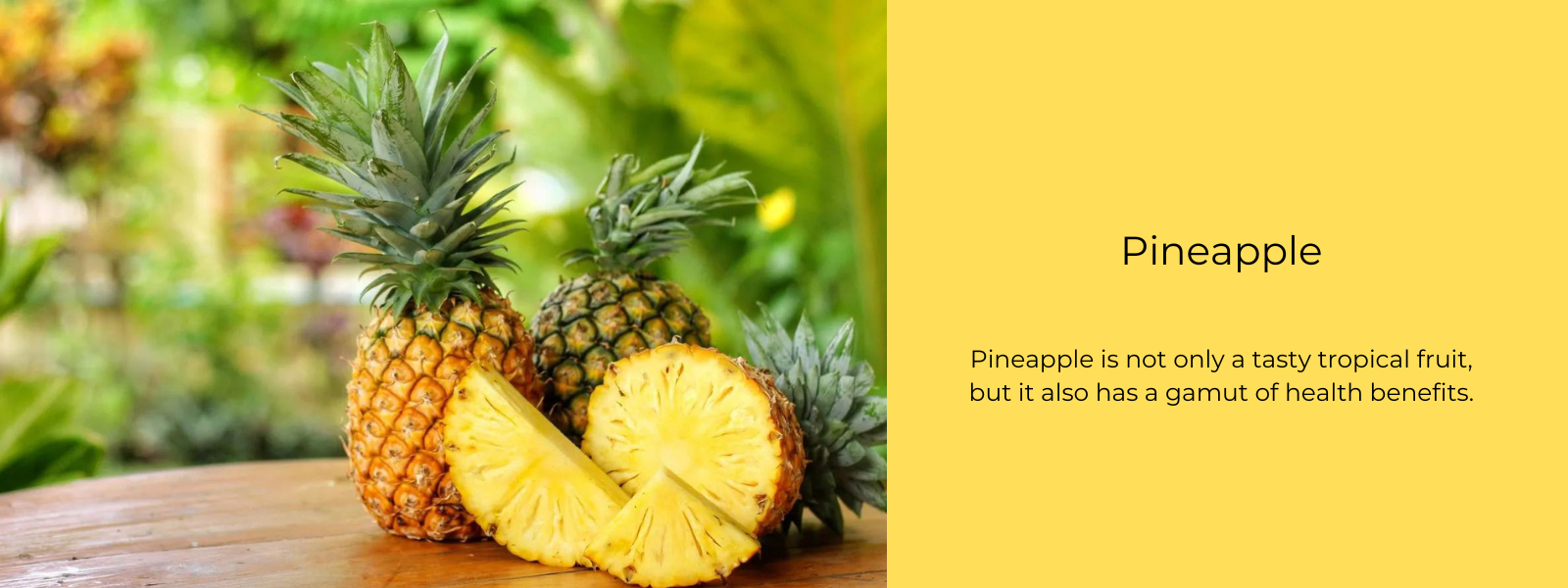
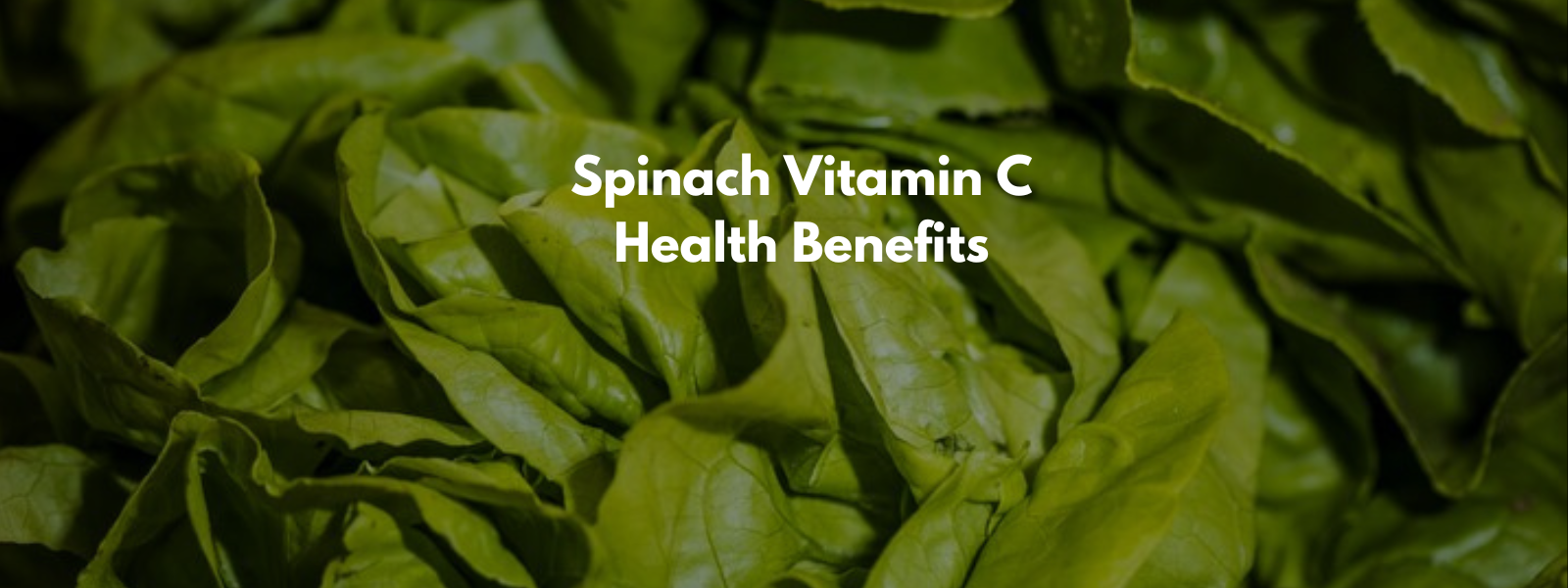
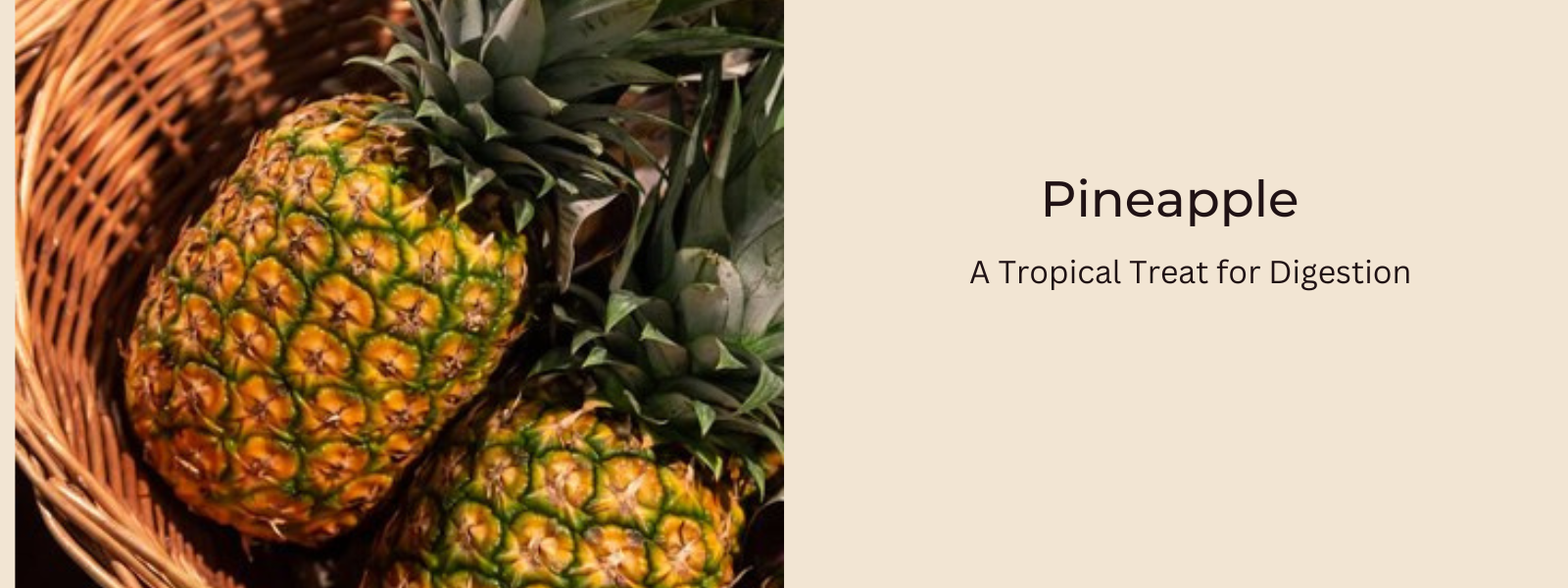






Leave a comment